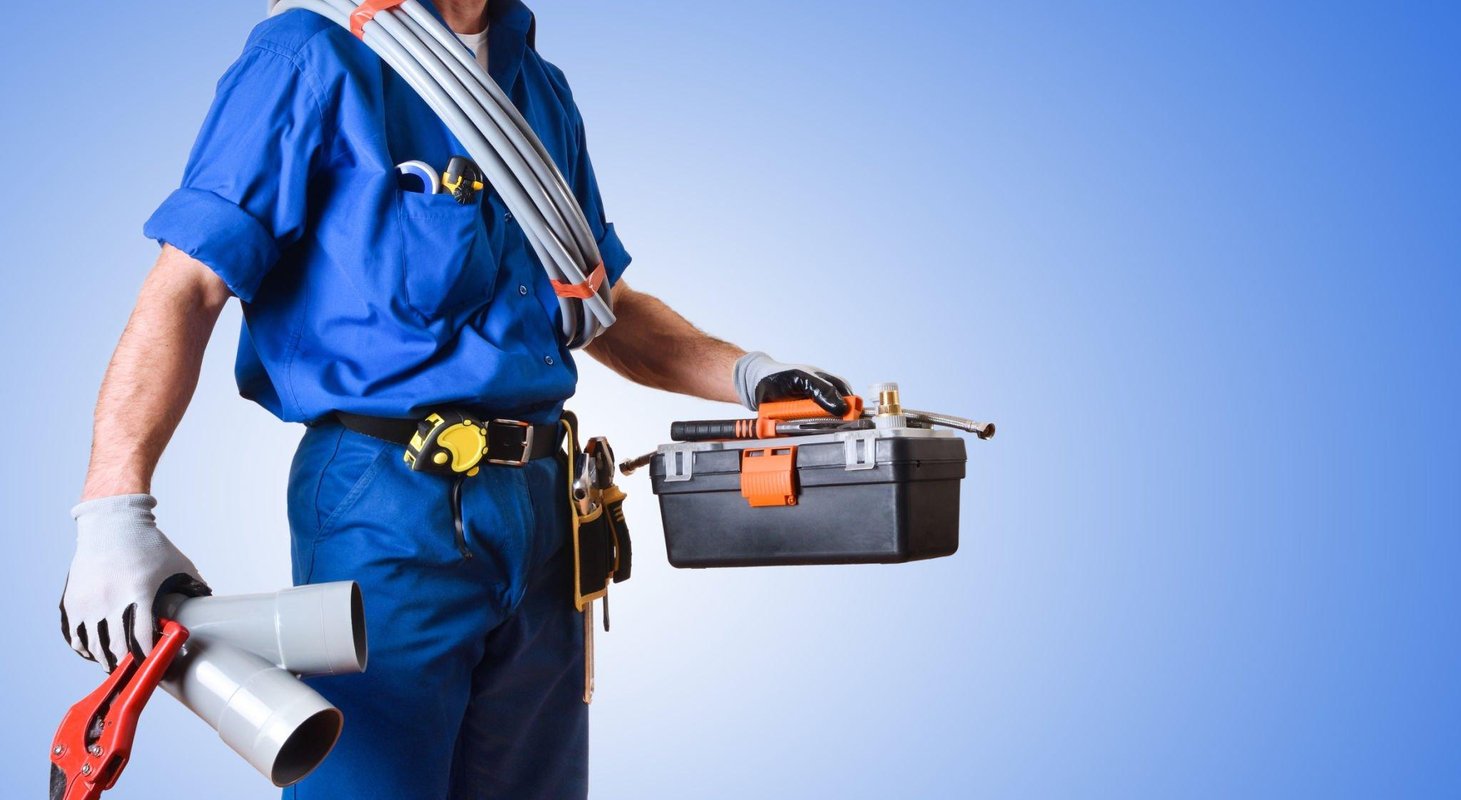Plumber classes near me

Were you aware that a dripping faucet wastes over 3,000 gallons of water annually? The Environmental Protection Agency notes that leaks in the home also contribute to the loss of thousands of gallons of water each year, highlighting the ongoing need for plumbers. Plumbers install and fix systems managing water, gas, and fluids in homes and businesses, in addition to maintaining plumbing fixtures like showers and toilets, and appliances including dishwashers and heating systems. So, if you're passionate about water conservation and enjoy working with these systems, a career in plumbing could be your calling. Dreambound supports individuals pursuing this career, whether you're looking for the best plumbing school nearby or searching for "plumbers near me" to find training programs, Dreambound can guide you to the right resources and training opportunities.
On Dreambound, there are 7 Plumber programs, and the average class length is 1 months. If you need further convincing to take your chance at becoming a plumber, heres what others have to say about Dreambound:
- "I appreciate how Dreambound lays out all the class information in an easy-to-understand way. It's great how they explain everything thoroughly." - Patricia Elliott
- "Dreambound was very easy and informative. I felt comfortable, and the website gave me even more hope for a better future." - Crystal Gentle
- "Dreambound offers lots of career choices to choose from." - Casondra Edwards-Eccleston
If you are still uncertain about pursuing a career as a plumber, remember that while they say you should go with the flow, sometimes you have to create your own flow. So, continue reading and let Dreambound assist you in navigating your own flow in life and becoming the best plumber anyone could ever know!
Plumber by City
In order to help you find a Plumber class, at Dreambound we've gathered the most comprehensive list of Plumber classes in the US. Below you can find a list of Plumber classes, organized by city. If you don't see your city listed, you can always search by zipcode
How to Become a Plumber
We know taking the first step to becoming a Plumber can be scary. That's why we're trying to demystify the process by writing guides on how to become a Plumber. Since state processes or requirements may vary, we've written separate guides for each state:




